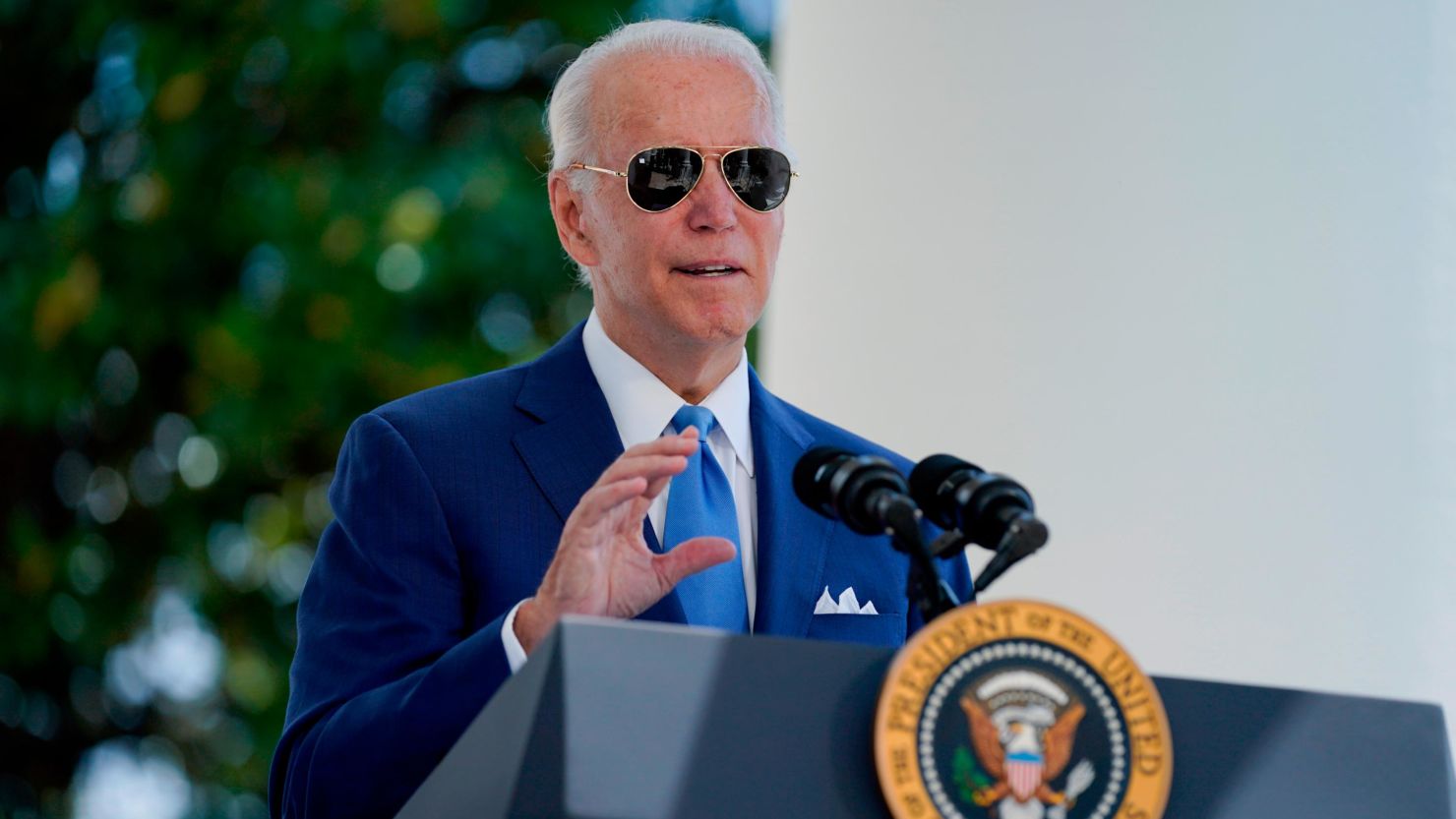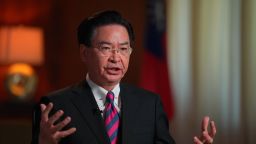President Joe Biden said Monday he was concerned about China’s recent military exercises around Taiwan but that he didn’t believe China would take additional action as it escalates tensions following House Speaker Nancy Pelosi’s visit.
China has spent several days conducting military drills that have essentially encircled Taiwan and restricted access to civilian ships and aircraft in the area. The extensive exercises mark a significant escalation by China after Pelosi’s trip to Taipei to show support for democracy on the island, which prompted outrage from Beijing. China views Taiwan as its territory despite never having controlled it.
“I’m not worried, but I’m concerned that they’re moving as much as they are. But I don’t think they’re going to do anything more,” Biden told reporters on Monday before departing for Kentucky.
Tensions continue to escalate in the region as China floods the seas and skies around Taiwan with ships and jets and conducts live-fire drills and missile launches. In addition to the drills, Beijing has canceled future phone calls between Chinese and US defense leaders, suspended bilateral climate talks and sanctioned Pelosi and her immediate family.
White House press secretary Karine Jean-Pierre said Monday Beijing’s military drills are “provocative, irresponsible and raise the risk of miscalculation.”
“We condemn these actions, we have, we’ve been condemning them since they started escalating and we’ve also said we anticipated China might take this step,” Jean-Pierre told reporters aboard Air Force One.
The White House on Thursday summoned China’s ambassador to condemn the military activities and to stress the US’ wish to avoid a crisis in the region. National Security Council coordinator for strategic communications John Kirby said the US reiterated there had been no change to the US’ “One China” policy and that Washington recognizes the People’s Republic of China as the sole legitimate government of China.
The US maintains close unofficial ties with Taiwan, and is bound by law to provide Taiwan with defensive arms. But it remains deliberately vague on whether it would defend Taiwan in the event of a Chinese invasion, a policy known as “strategic ambiguity.”
Pelosi’s trip came at a low point in US-China relations and in the face of warnings from the Biden administration against a visit to the democratically governed island. Pelosi has said her visit, which was the first time a US House speaker had visited Taiwan in 25 years, was intended to make it clear the US would “not abandon” Taipei.






